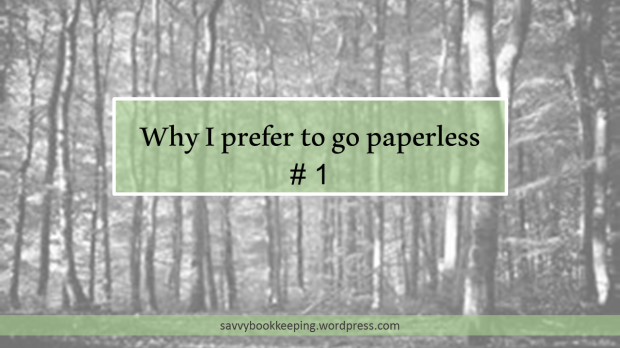
A few years ago at the beginning of my business journey I was told during a one-on-one session with a marketing consultant that networking events are not for making friends. My follow-up emails with the people I met were all wrong. I needed to get to the point about the services I offered and cut the pleasantries.
I do a lot of networking with other women and most of my clients are also women. Do we attend networking events to make friends? Heck yes. We’re often working from home on our own, we have challenges that other women and mums can relate to and sometimes these are our only opportunities to connect. Yes, we are there to find clients. Yes, we are also there to find people that we can form alliances with. But when a fellow business owner tells me how she felt about her teenager going out driving on her own for the first time I remember that conversation and I remember that woman and her business, because we genuinely connected over that conversation.
Networking is a time for listening – not just pitching. If you listen you’ll find out what people’s frustrations are, where they could do with some help. I don’t want a business card thrust in my hand and to be “sold” to without getting to know that person first. A wall goes straight up and doing business with them is the last thing on my mind.
There’s definitely room for me to be more aggressive in my networking. I’m getting better at selling my business when I do my “stand up and tell us about your business” pitch. But I also know that when someone picks up the phone and calls me after meeting me at a networking event, then there was a degree of trust there and they felt I was the type of person that would do the right thing by them (and their business finances).
In hindsight, a lot of the advice the marketing consultant gave me was good, solid advice. I went ahead with some of his recommendations later (after I got over the initial shock of his bluntness). I also agree that at the end of the day you’re investing time and money in networking events in order to grow your business. I’ll continue to make sure potential clients are aware of what I do and how I can help them, but I’ll also be having a laugh and getting to know the people I’m out spending my night with.
Happy bookkeeping…
Sarina
You can also find me here:
Facebook / Instagram / Website







